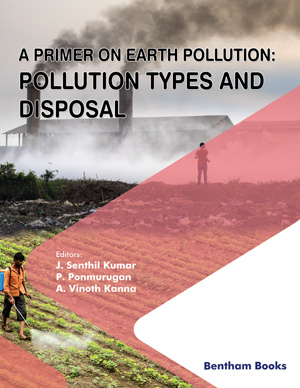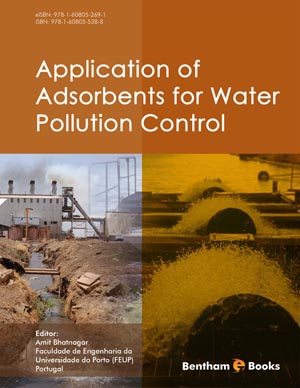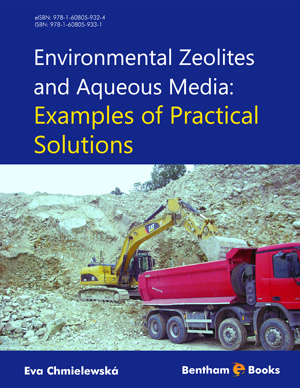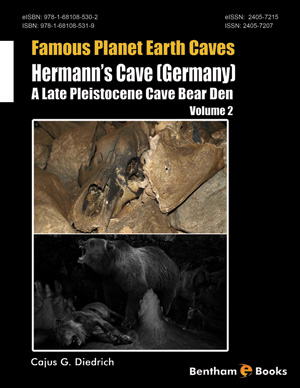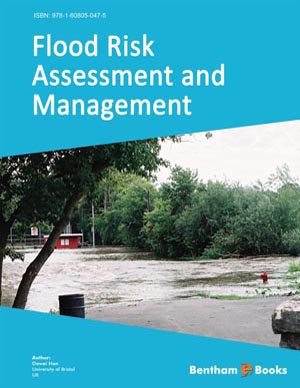Abstract
The rise in environmental pollution is a major issue of concern in the current
times. Due to globalization and the Industrial Revolution in the 20th century, pollution
has become a problem for the world's population. Numerous factors, including
unchecked human activity, careless use of petroleum products, industrial waste
emissions, poor waste management, release of toxic organic by-products, and increased
use of pesticides, insecticides and fertilizers have contributed to increased pollution and
its detrimental effects on the planet Earth. For all forms of life, organic molecules are
known to have the potential to be carcinogenic and poisonous. To reduce organic
pollutants and dispose of industrial waste properly, several techniques have been put
forth and put into action, but some of them are either not relevant or have not produced
the expected outcomes. For the past few decades, research has been focused on finding
biological methods of degradation of complex organic contaminants. Numerous
microbial species obtained from polluted native environments have been shown to
digest hazardous, complex organic chemicals and can be used to effectively biodegrade
contaminated areas. The development of recombinant DNA technologies has
revitalized the area of bioremediation by enabling the emergence of microorganisms
and entire microbial communities that contain novel genes and enzymes with improved
efficiencies. This chapter discusses the significance of isolating efficient indigenous
microbial species, different factors that affect the distribution of pollutants in the soil
matrix, biodegradation pathways, and physiological factors that affect the efficiency of
biodegradation for complete mineralization. In addition to these, efforts to enhance the
biodegradation potential of microbes through multiple pathways have also been
highlighted.
Keywords: Anthropogenic pollutants, Bioaugmentation, Biodegradation, Bioremediation, Biostimulation, Mineralization, Organic Pollutants, Pollutant management.



